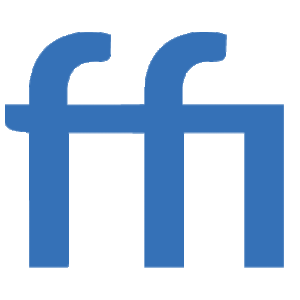Exploring JCA Timelines: Opportunities and Challenges for Pharma and Biotech
In the evolving landscape of EU healthcare, the introduction of Joint Clinical Assessments (JCA) as part of the new Health Technology Assessment (HTA) regulations signifies a pivotal shift. These assessments are redefining Pharma and Biotech companies’ approach to product evaluation and approval, presenting both significant challenges and unique opportunities. They’re a sprint against time and a chance to streamline operations and embrace innovation.
Racing Against the Clock – Tight Timelines for Pharma but Faster Access to Medicines for Patients
With JCA timelines, Pharma and Biotech sectors are under pressure. The new HTA regulations require adherence to specific clinical evidence standards and timely delivery of this evidence. This environment demands speed and accuracy, pushing companies into a race to compile comprehensive clinical dossiers that comply with EUnetHTA21 guidelines. The challenge is overwhelming, but it also offers an opportunity for companies to become more agile and efficient.
The JCA’s stringent timelines aim to expedite patient access to essential medicines and address the inconsistencies in quality of care across Europe. Streamlining the assessment process for new health technologies means a more consistent evidence-based decision-making at both national and European levels and that patients can benefit from breakthrough therapies much sooner. This is crucial in healthcare, where every day counts for patient outcomes. The pressure from these timelines encourages the industry towards collaboration and innovation, incentivizing companies to optimize their submission strategies for clinical assessment and proactive regulatory engagements.
The Tech Opportunity – Leveraging Generative AI
In response to JCA timelines, Pharma and Biotech companies are turning to generative AI. This technology can synthesize data into coherent, insightful reports, predict trends, and enhance the quality and accuracy of dossier content. Generative AI’s strength lies in its ability to recognize and preserve interdependencies between dossier sections, ensuring changes in one part are accurately reflected across the document. This maintains internal consistency, vital for HTA review. Additionally, it can analyse and integrate data in real-time, ensuring precision and up-to-date information. This responsiveness to data allows for the construction of robust, dynamic dossiers, increasing the chances of a successful JCA review.
Transitioning to an AI-enhanced approach involves challenges though. Companies must ensure their AI aligns with regulatory requirements and produces valid results with high levels of quality and accuracy. The process starts with understanding the entire dossier preparation process, from data collection to submission, and identifying where the leverage points for Generative AI are. Investing in high-quality data sets, including past successful dossiers, to train AI models is essential for accuracy and reliability. Companies must also embrace digital transformation, define appropriate AI governance and upskill employees to work alongside AI; processes that can progress simultaneously while leveraging Generative AI tools.
Take Action Now
At FFI-ventures, we understand these complexities and have developed a Generative AI tool for JCA dossier creation. This tool meets the high standards of JCA dossiers rigorously while saving your resources. For a demo or more information, please contact us. We’re here to help you navigate these challenges with confidence and efficiency.
